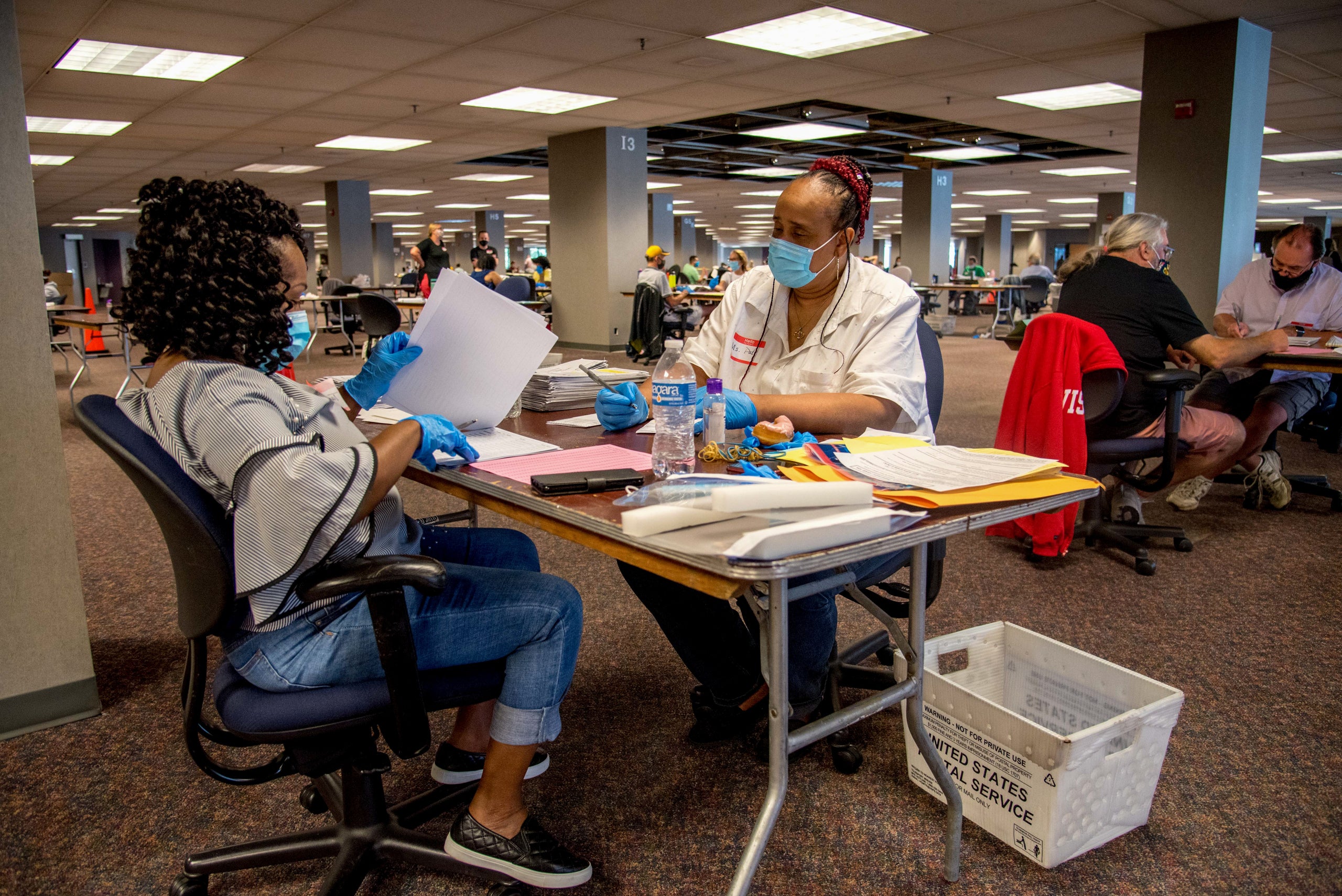Treating mental illness has changed in fundamental ways in the last few centuries, and there’s still progress to be made. We look back at the history and where the practice is headed with the author of the book Desperate Remedies. We also talk about the practice of correcting mistakes on absentee ballots and what’s allowed in Wisconsin right now.
Featured in this Show
-
The troublesome history of mental health care and its lingering impacts
It took a long time — and a lot of mistakes — for doctors to figure out better treatment for mental health issues. A new book looks at how treatment progressed through history and how that continues to impact patients today.
-
What is ballot curing and how does it work in Wisconsin?
Ballot curing is the process of correcting mistakes on absentee ballots, and it’s become a point of contention in Wisconsin. We talk to an election law expert about how it works, and the fight over letting local election clerks correct certain mistakes.
Episode Credits
- Rob Ferrett Host
- Tyler Ditter Technical Director
- Lorin Cox Producer
- Rachael Vasquez Producer
- Andrew Scull Guest
- Robert Yablon Guest
Wisconsin Public Radio, © Copyright 2025, Board of Regents of the University of Wisconsin System and Wisconsin Educational Communications Board.





